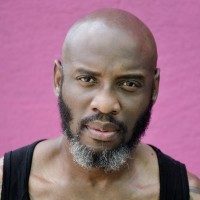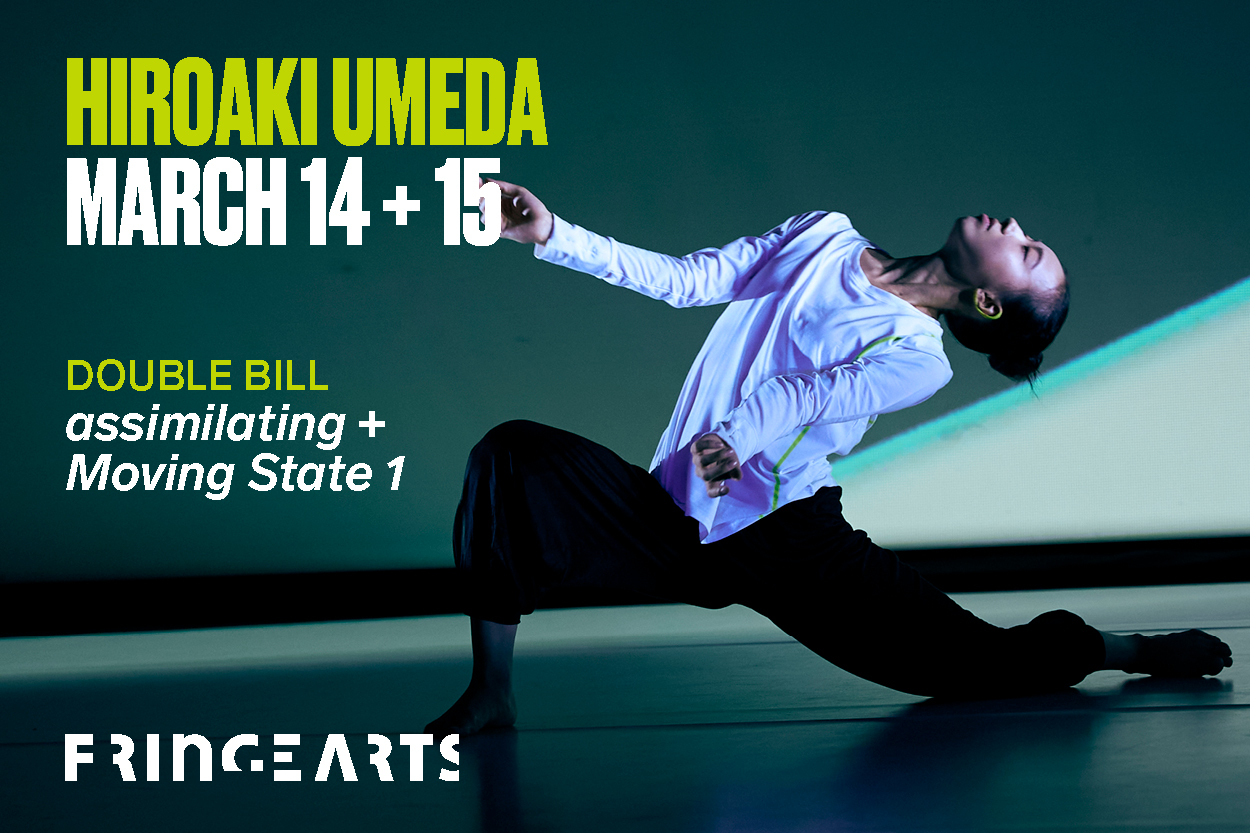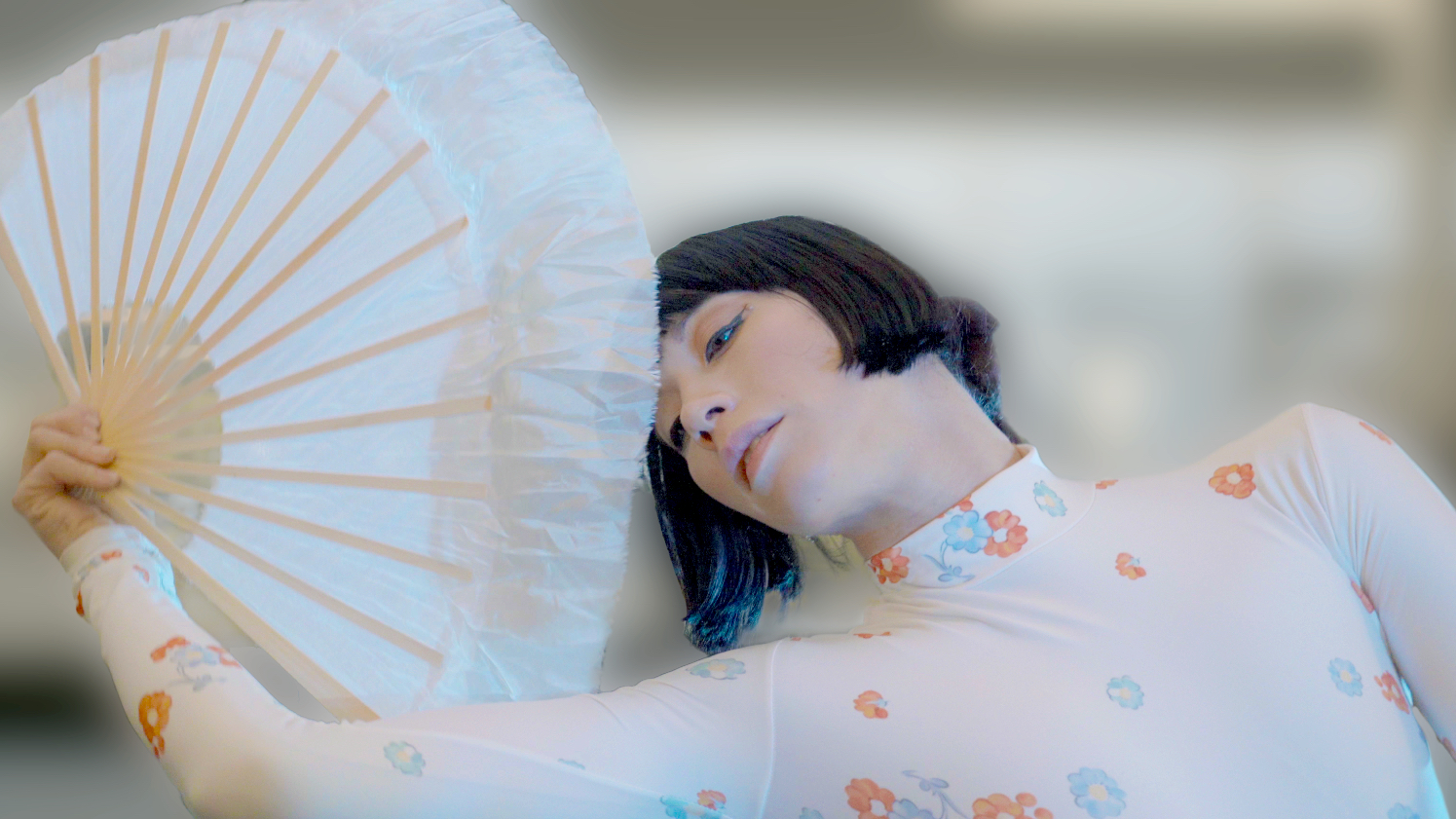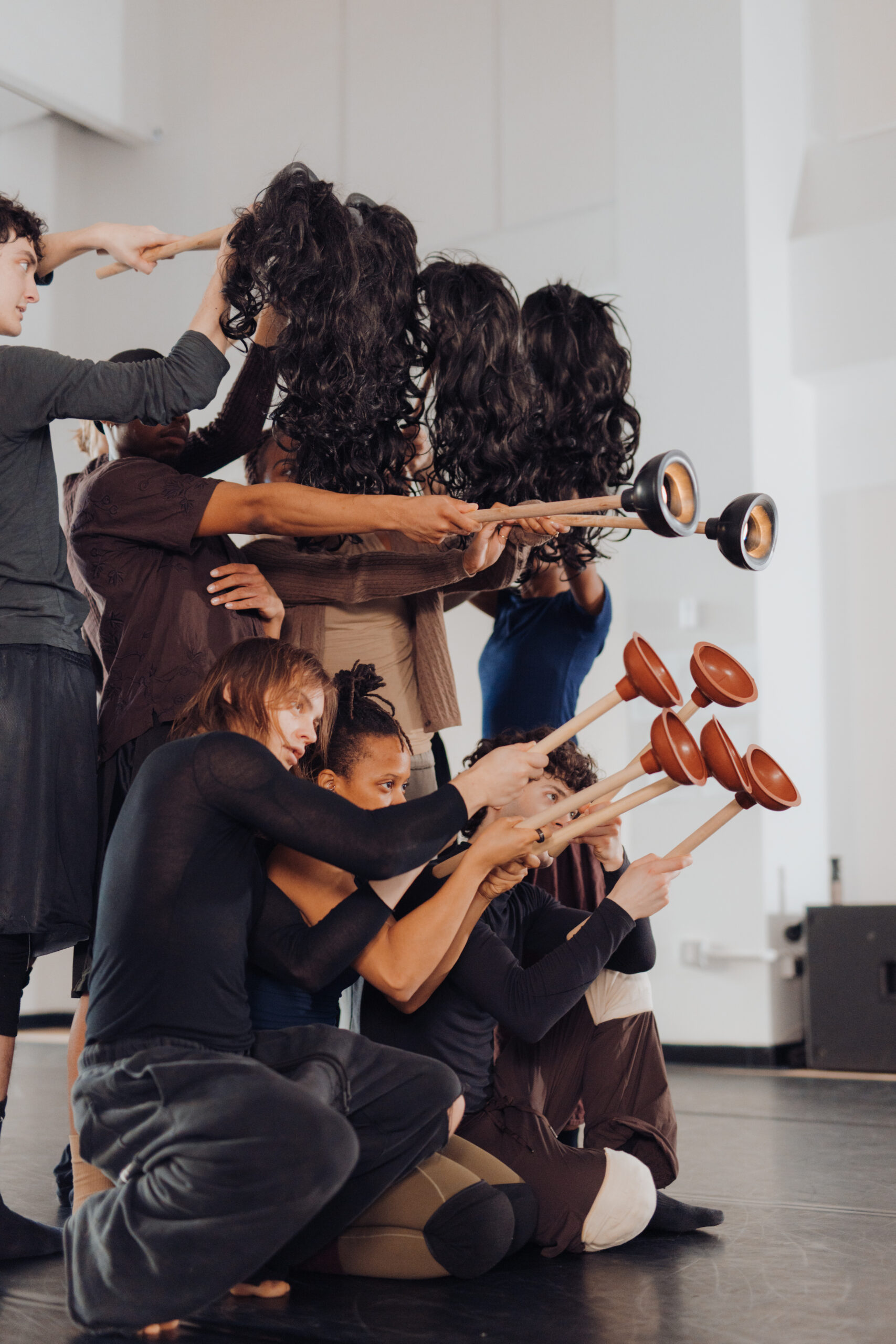In 2020, I sought out a way to interrogate the positionality of Black writers and Black dancing bodies in context to America’s tempestuous history of racism, the role of colonization, racial violence, and white institutions and western dance. I taught Criticism and Aesthetics, a workshop hosted by 92nd Street Y, and edited written works from the participants. These writings asked, “What Should be Done?” in relations to decolonization, dance, and dance writing.
Part I
Decolonizing Dance Writing: Who is Writing for? | Gregory King
Decolonizing Dance Writing: Body Stories and the Bedrock of Dreams | Gregory King
Decolonizing Dance Writing: The Necessity of Evolution! | Gregory King
Part II is a continuation of the trilogy that emerged from the Criticism and Aesthetics course at 92nd Street Y.
In 2021, L. Graciella Maiolatesi, Dr. C. Kemal Nance, professor of dance and Africana studies at University of Illinois, Urbana-Champaign, and I, edited the writing project Decolonizing Dance Writing; International Exchange (DDW). Funded by a grant from Critical Minded, DDW was a year of content offering practical approaches, saying “here’s what can be done!” The purpose was to publish interviews and short expository essays about selected artists whose artistic works resist the tropes of colonization. The series paired five international non-western dance and movement artists with Black writers and writers of color on the thINKingDANCE’s roster, and included virtual, video-based events that opened dialogue around decolonizing dance practices and discourse. These events were available to the public free of charge and the writers responded to each workshop, offering language to each practitioner’s process. The intended audiences were dance practitioners, dance educators, students, researchers, and enthusiasts interested in creating permanent cultural and institutional change and are archived permanently on tD’s website and YouTube channel.
Decoloniality and Ethics
“An Act of Care”: A Conversation with Juan Felipe Miranda Medina | Leila Mire
Contrapunto: Dancing between Decolonization and Positive Ethics | Leila Mire
Dismantling Whiteness Through Space and Time
Dancing the Self In-Between*: A Dialogue with Umeshi Rajeendra | Rhonda Moore
Ancestral Footprints and the Body
What Are Your Waters? (A kōrero with Jack Gray) | nikolai mckenzie ben rema
We Are Their Bones | nikolai mckenzie ben rema
Embodying Memory
Triggering Empathy Through The Body | Lauren Putty White
Salvaging History Through Decolonization
Tearing the Snail Shells (Based on the True Story of Emmanuel Cudjoe) | Ani Gavino
Decolonizing Dance Writing: Artist Workshop Playlist
Importantly, the topic of decolonization is also interrogated by tD writers outside of the DDW project.
Unpacking the buzzword “Decolonization” | Annielille (Ani) Gavino
Dancers, Let’s Talk Palestine Part 1: Honor the Dancestry | Leila Mire
Dancers, Let’s Talk Palestine Part 2: Ignorance is Bliss Until It Isn’t | Leila Mire
Finding Collective Genius between Earth and Ice | Nadia Khayrallah
A “Life in Dance” or a White Lie | Leila Mire
Resistance Through Performance and Pedagogy: What is Dance Activism? | Mariadela Belle Alvarez
Parsing the Significance of a New Archive | Emma Cohen
Because conversations around decoloniality and decolonization are rapidly shifting and evolving, this work is only part of the dialogue that is meant to inspire conversations and encourage actions. The writings highlight practices, voices, and experiences still marginalized, due to class, gender, sexuality, and education in order to urge a continued intersection of many marginalized identities. They may offer a better understanding of how dance is impacted by the social, institutional, historical, educational, and cultural deficit of certain histories and practices in relation to current academic trends, popularly funded genres and predominantly white spaces. I hope the readers will find value in each piece, finding value in the words they inhale. My desire is for everyone who engages with works around decolonization to continue questioning why we have centered Eurocentric forms, and to strive to connect their prior knowledge to rigorous inquiry and strategic actions.





